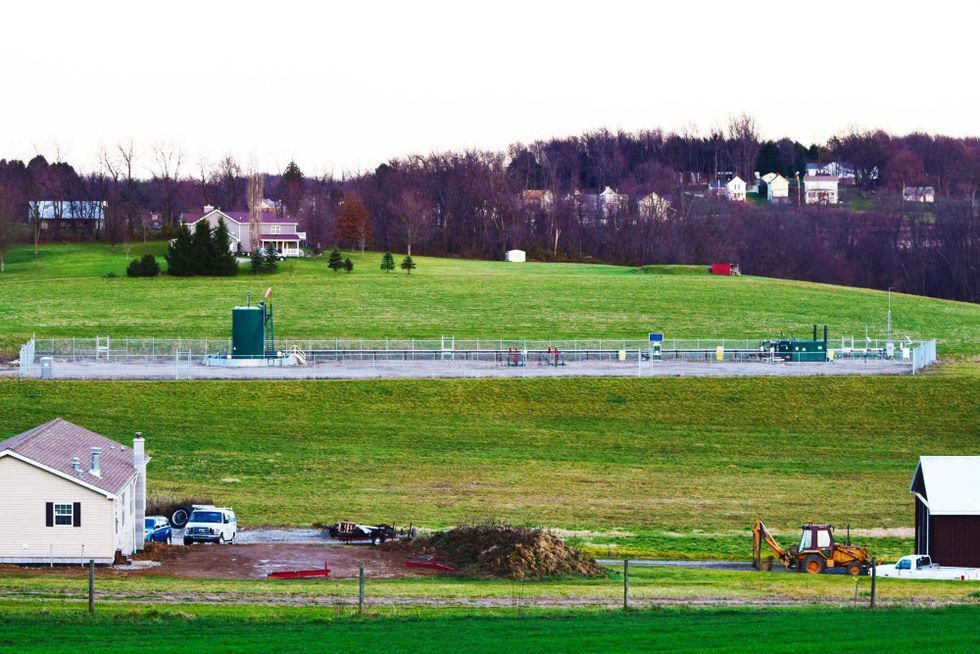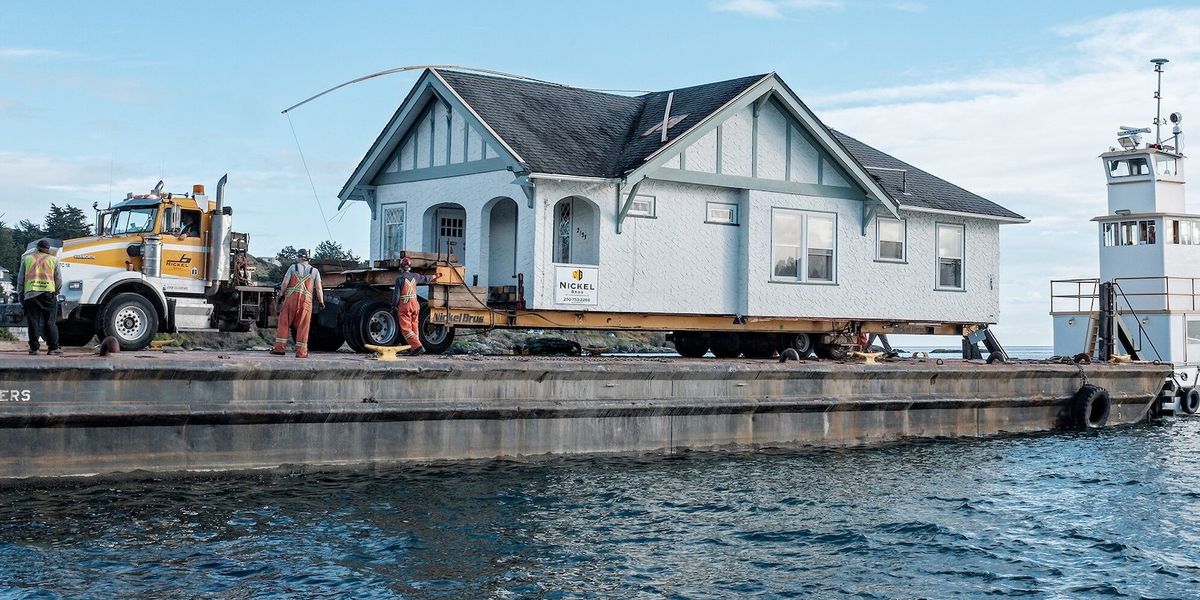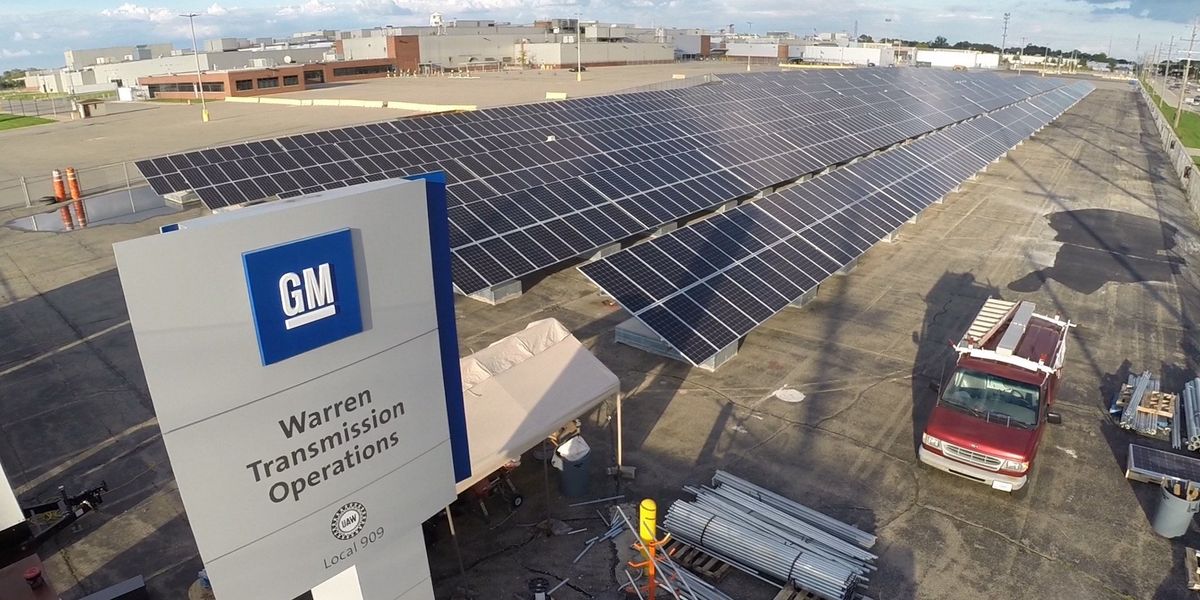
Residents in a densely-populated Pittsburgh suburb are demanding public hearings on two proposed fracking wells
"Public hearings should be standard for any permit that will impact this number of people."
PITTSBURGH—Residents in two Pittsburgh suburbs are demanding public hearings on a proposal to drill two new fracking wells within a mile of an elementary school.
The wells, proposed by Apex Energy, would be within one mile of Level Green Elementary School and within two miles of 12,733 residents in Penn Township and Trafford Borough (about 17 miles east of Pittsburgh).
The wells would be near several environmental justice communities, which are defined as, which is defined in Pennsylvania as any census tract where 20% or more of the population lives at or below the federal poverty line, and/or 30% or more of the population identifies as non-white. Environmental justice communities often face disproportionately high levels of pollution and negative health impacts caused by the overlapping effects of poverty, racism, and pollution.
Penn Township and Trafford already experience pollution from a variety of sources, including fracking wells in nearby municipalities, other local industrial plants, and carcinogenic emissions from the region's remaining steelmaking plants.Added harmful pollution

A fracking well pad between homes in western Pennsylvania. (Credit: Ted Auch, FracTracker Alliance, 2015)
Fracking, another name for hydraulic fracturing, is the process of extracting oil and gas from the Earth by drilling deep wells and injecting liquid at high pressure. Fracking wells increase air pollution, produce radioactive waste, and can contaminate drinking water. Research has shown that living near fracking wells increases the risk of premature births, high-risk pregnancies, asthma, migraines, fatigue, nasal and sinus symptoms, skin disorders, and heart failure—all things that raise red flags in an environmental justice community.
"Public hearings are not usually standard for well pads," Gillian Graber, director of the community advocacy group ProtectPT, told EHN. "They usually only happen when there's a lot of community outcry, but public hearings should be standard for any permit that will impact this number of people."
In 2019, Graber and her family participated in an EHN study that looked at toxic exposures in Pennsylvania families who live near fracking wells. Although Gillian, her husband, and their two children currently live five miles from the nearest fracking well, the investigation found evidence of harmful chemicals in their drinking water, air, and urine samples.
"This well pad would be less than a half-mile from my house," Graber said. "[EHN's study] made me even more determined than I was before to keep fracking away from my family."
“There is a failure of state agencies to regulate this industry”
The Pennsylvania Department of Environmental Protection [PA DEP], which oversees permitting for oil and gas wells, has an Office of Environmental Justice dedicated to public engagement in permitting for polluting facilities in environmental justice communities. The agency is currently revising its Public Participation Policy—an undertaking that's already been underway for at least three years.
While PA DEP has agreed to accept and review public comments regarding the proposed Apex Energy wells in Trafford, they haven't yet responded to ProtectPT's requests for a public hearing. An agency spokesperson told EHN it "is considering the request; however, because Act 13 only allows 30 days to review an oil/gas permit, DEP does not include oil and gas permits in the list of [environmental justice] trigger permits." Act 13 is a Pennsylvania law that sets fees, zoning, and environmental regulations for oil and gas operations.
"DEP is also exploring how to better connect the community to the operator so that community concerns can be taken into account if the well is permitted," the spokesperson added.
This is not the first time these particular fracking wells have been proposed. Protect PT was originally formed in 2014 to protest permits for the same wells, mounting a prolonged legal battle against Apex Energy.
Until recently, that original battle was ongoing: Protect PT had a date set in October 2021 to appear before the state's Environmental Hearing Board, where they intended to challenge the PA DEP's approval of the permits over alleged shortcomings in Apex Energy's emergency evacuation plan. But that challenge was dismissed this month when Apex Energy let their original permits lapse and submitted new ones, making Protect PT's challenge to the current permits moot just months before the scheduled hearing. It's unclear whether the move was intentional or just an administrative oversight.
"There is a failure of state agencies to regulate this industry," Graber said. "It doesn't make sense to put this type of heavy industrial activity so close to an elementary school and so many homes."
Banner photo: Executive Director of Protect PT Gillian Graber of Trafford at an event at the non-profit's Harrison City, Pennsylvania, headquarters. (Credit: Connor Mulvaney for Environmental Health News)













